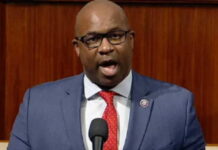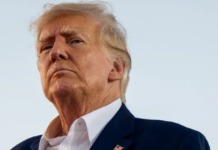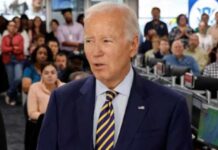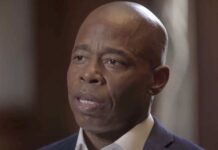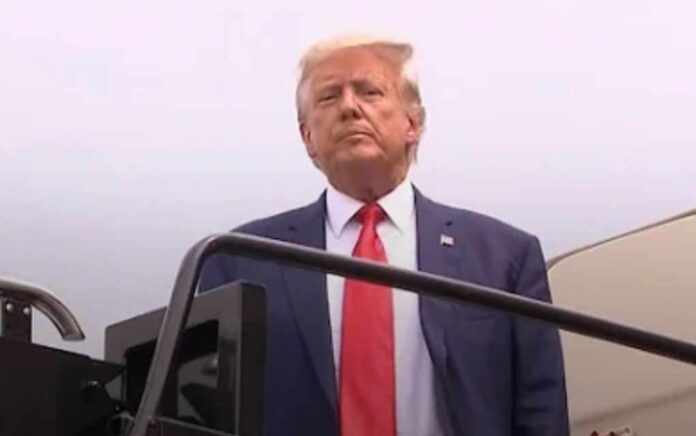
Americans have been waiting with bated breath to see what the Court will do. Now we may finally have our answer.
And the Supreme Court shocked everyone with a groundbreaking announcement about Donald Trump.
Following a marathon debate over whether former President Trump should be granted presidential immunity for crimes alleged by Special Counsel Jack Smith, legal experts said that the majority of Supreme Court justices appear concerned about how the decision will affect the executive branch’s future operations.
In nearly three hours of debate on Thursday, the high court wrestled with this question: “Whether and if so to what extent does a former president enjoy presidential immunity from criminal prosecution for conduct alleged to involve official acts during his tenure in office?”
Legal experts told Fox News Digital that, while it looked that the majority did not support the concept of total immunity, they might conclude that Trump and any future past presidents should be awarded a limited version of it.
“I think the court recognizes that it would be a dangerous precedent if future presidents can prosecute their political rivals,” said Mark Brnovich, former Arizona attorney general, to Fox News Digital.
“They will set a limiting principle because, under the prosecutor’s theory, future prosecutors would have a lot of power to persecute their political rivals,” Brnovich said.
During questioning, the justices appeared to be split along ideological lines.
“If the potential for criminal liability is taken off the table, wouldn’t there be a significant risk that future presidents would be emboldened to commit crimes with abandon while they’re in office?” Justice Ketanji Brown Jackson inquired during an exchange with Trump’s lawyer, John Sauer.
“Once we say, ‘No criminal liability, Mr. President, you can do whatever you want,’ I’m worried that we would have a worse problem than the problem of the president feeling constrained to follow the law while he’s in office,” Jackson said.
In contrast, Justice Samuel Alito questioned whether reducing protection for a former president would lead the country into an unstable cycle.
“If an incumbent who loses a very close, hotly contested election knows that a real possible after leaving office is not that the president is going to be able to go off into a peaceful retirement, but that the president may be criminally prosecuted by a bitter political opponent, will that not lead us into a cycle that destabilizes the functioning of our country as a democracy? And we can look around the world and find countries where we have seen this process, where the loser gets thrown in jail,” Alito remarked.
“We’re writing a rule for the ages,” Justice Neil Gorsuch subsequently explained.
John Shu, a constitutional scholar and former official in both Bush administrations, said that the justices indicated “they believe this case isn’t really about Trump per se. It’s about the Office of the President, what future presidents can do, and whether they’ll be prosecuted for their choices.”
“It’s a very important issue and the Biden administration set a very bad precedent to go after not only a former president, but one who also is challenging Biden’s re-election,” added the former vice president.
“What the Biden administration has done here gives the terrible appearance of vindictiveness, and on an international or foreign policy level, it makes us look like just another banana republic that we generally criticize for prosecuting or trying to jail their political opponents,” the vice president said.
Shu went on to say that “many of the justices perhaps find what Trump did after the 2020 election distasteful.”
“But they also seem uncomfortable with either granting blanket immunity on the one hand or no immunity at all on the other. As often happens, the middle ground is where the discussions will be,” he said.
John Yoo, a legal professor at the University of California, Berkeley, stated that Trump’s case “had much more success than many court watchers expected.”
“Only the three liberal justices seemed to reject the idea of immunity outright. The six conservative justices recognized the need to prevent future presidents from criminalizing policy and constitutional differences with their predecessors,” Yoo said.
He said that one conceivable consequence is that the justices return the subject to the lower courts and ask them to first examine whether Trump’s activities were “official” or “private” before deciding whether immunity extends to official acts.
Stay tuned to The Federalist Wire.


